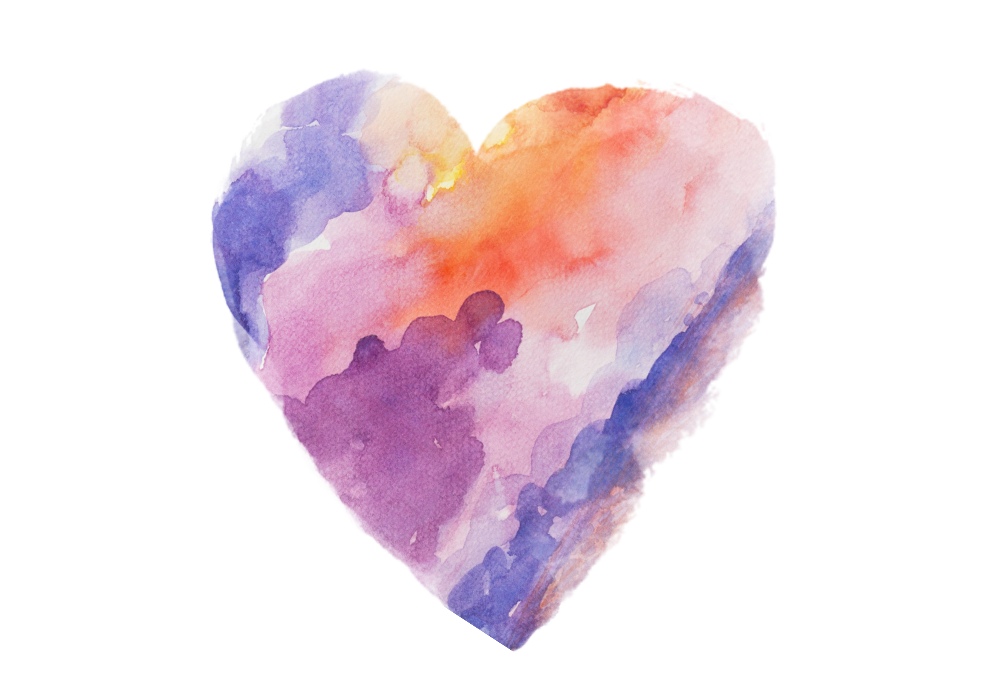Finding Healing and Compassion in Nature
By Courtney DiMattia
The transition from one season to the next invites us to slow down, reflect, and take notice of nature’s cycles. We may notice a sharper chill in the air, leaves changing colors and texture, the shortening of the day, or the lengthening of the night. For some, the arrival of fall and winter brings up complicated feelings about grief and inevitable endings. We may yearn to stay in summer’s warmth or experience difficult emotions related to the upcoming holidays. Others may find comfort within the reflective, healing, and cyclical elements of the changing seasons. We may welcome the slower pace or the invitation to move inward that fall and winter can bring. As we move through this transitional period, you are invited to consider a few ways in which nature can aid in grief.
Reflecting on nature metaphors
The natural world offers rich and abundant metaphors that may offer comfort during difficult periods of life. You may envision your grief as a large, gray boulder in a river. The boulder represents your loss: immovable, heavy, permanent. But your life, the river, continues to move and flow around the boulder. Grief asks us to hold both truths at once; the permanence of loss with the continuation of life. The changing of the seasons also provides symbolism for our own life journey. The seasons, the weather, and the daily transition from day to night and back to day again remind us that our experience is fluid and always changing. While our loss may be permanent, our feelings, emotions, and perspectives are impermanent.
Nature-themed poetry
Poetry offers us a raw and instinctual window into human experience. It can help us connect to what is unspoken. We resonate with the lyrical nature of poetry, and it can speak to us on a deeper level than other written forms. Explore different poets and poems and see what you connect with. You can also combine poetry with a simple mindfulness activity; for example:
Nature’s first green is gold,
Her hardest hue to hold.
Her early leaf’s a flower;
But only so an hour.
Then leaf subsides to leaf.
So Eden sank to grief,
So dawn goes down to day.
Nothing gold can stay.
— Robert Frost
After reading the poem, gently close your eyes and place one hand on your heart.
As you inhale, say to yourself dawn goes down to day.
As you exhale, say to yourself nothing gold can stay.
After you take these breaths, pause, and notice how you feel.
Mindful nature walks
Research has found that spending time outdoors in nature can be deeply therapeutic. If you have access to places like forests, lakes, streams, or deserts, go for it! But nature can also provide healing in urban and suburban settings too, if we take the time to slow down and notice. Try taking a walk in your neighborhood and paying gentle attention to your experience. Notice what the air feels like on your skin, hear the sounds of leaves crunching or birds chirping, see the trees swaying or the flowers in your neighbor’s yard. One mindfulness exercise to experiment with is finding a smooth leaf or flower and a rock, and holding one of each in your hands. Pay attention to the differences in textures and weights as you walk. What is it like to hold both, the lightness and the heaviness, as you move through the world?
If you would like to further explore how nature can facilitate grief, we invite you to join us at Yetman Farms in Lakewood on October 23rd, 2024 from 10:00 AM to 12:00 PM for a special Grief Care on the Farm workshop. In this hands-on workshop, we will share with one another how we have found healing in nature, experience a reflective walking meditation, and create a unique dried floral creation to take home. For more information and to register, click here.

